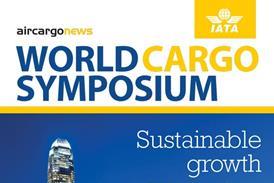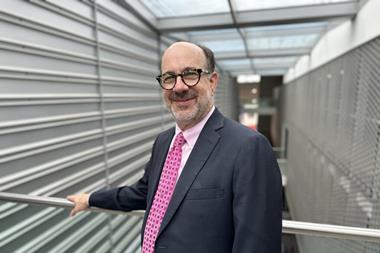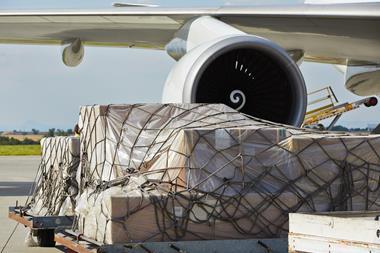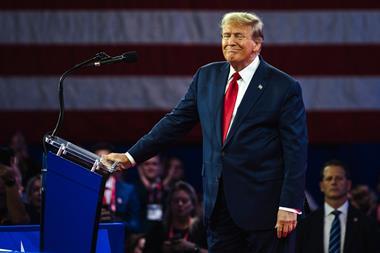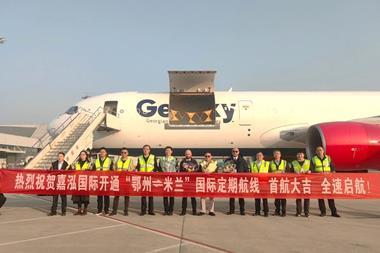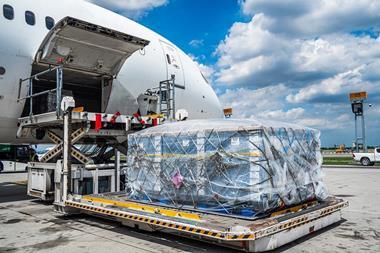Deutsche Post DHL (DP DHL) and communications giant Huawei Technologies have announced a new partnership that aims to develop supply chain solutions using the internet of things.
Under a memorandum of understanding (MoU), Huawei and DP DHL Group will collaborate on innovation projects focusing on cellular-based internet of things technology, which can connect large volumes of devices across long distances with minimal power consumption.
The MoU will see Huawei make its internet of things devices, connectivity experts, and network infrastructure accessible to Deutsche Post DHL Group and its ongoing efforts to incorporate greater sensing and automation capabilities into its warehousing, freight, and last-mile delivery services.
They will also collaborate on efforts to market and commercialize the results of their innovations, including pilot commercial projects in Europe and China.
The two companies said the internet of things will allow companies to better monitor and optimise their supply chain processes with low-cost networked sensors and devices.
The greater connectivity can deliver a more integrated logistics value chain by providing critical data and visibility in warehousing operations, freight transportation, and last-mile delivery, they said.
“Spending on connected logistics solutions is expected to more than double between now and 2020, and many logistics providers including DP DHL Group have already begun to explore internet of things applications in their supply chains, including everything from enhanced asset tracking to driverless delivery vehicles,” said Markus Voss, global chief operating officer and chief information officer at DHL Supply Chain.
“This MOU will allow both Huawei and Deutsche Post DHL Group to tackle complex operational and business challenges with a powerful combination of world-class Internet of Things hardware, networks, and expertise in end-to-end supply chain management.”
DHL's initial forays into the internet of things include the launch of the €90m Advanced Regional Center in Singapore last year, featuring almost-entirely automated picking and storing infrastructure that performs 20% more efficiently than manual approaches.
What is the internet of things?
Put simply, the internet of things is the creation of a link between various electronic items that exist in the physical world, 'things', via an internet connection. This can range from a heating system to robots in a warehouse.
The technology has various benefits, with the most obvious being the ability for 'things' to learn from each other by sharing information. For instance, if a navigation system on a truck realises it is quicker to take a certain route at a certain time of day, it can direct the driver to take that route, rather than the usual route, and also share that information with all the other navigation devices linked to that system.
Also if one truck becomes stuck in an unexpected build up of traffic, the navigation device can warn other devices in the network to avoid that road.




